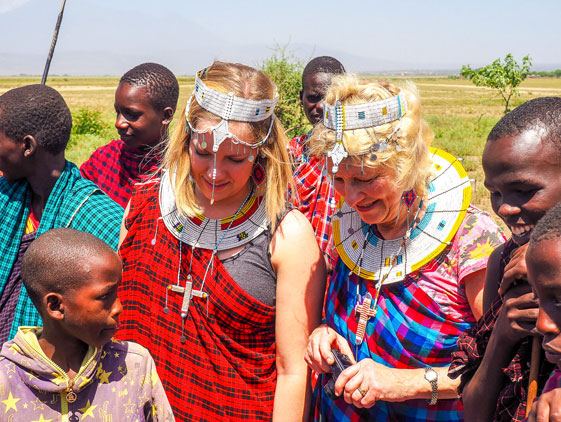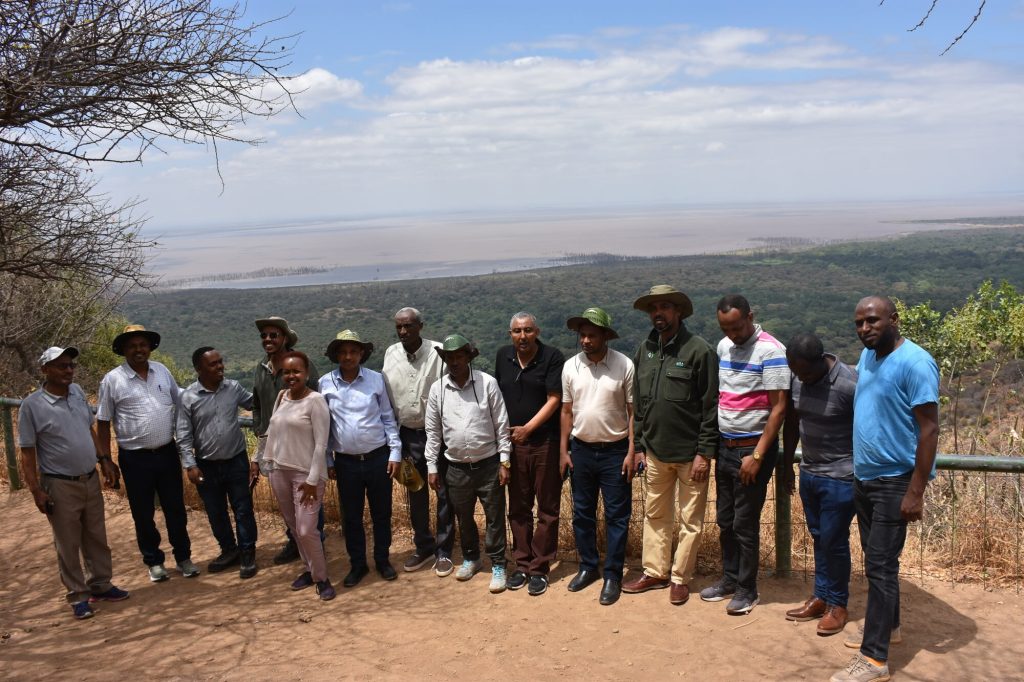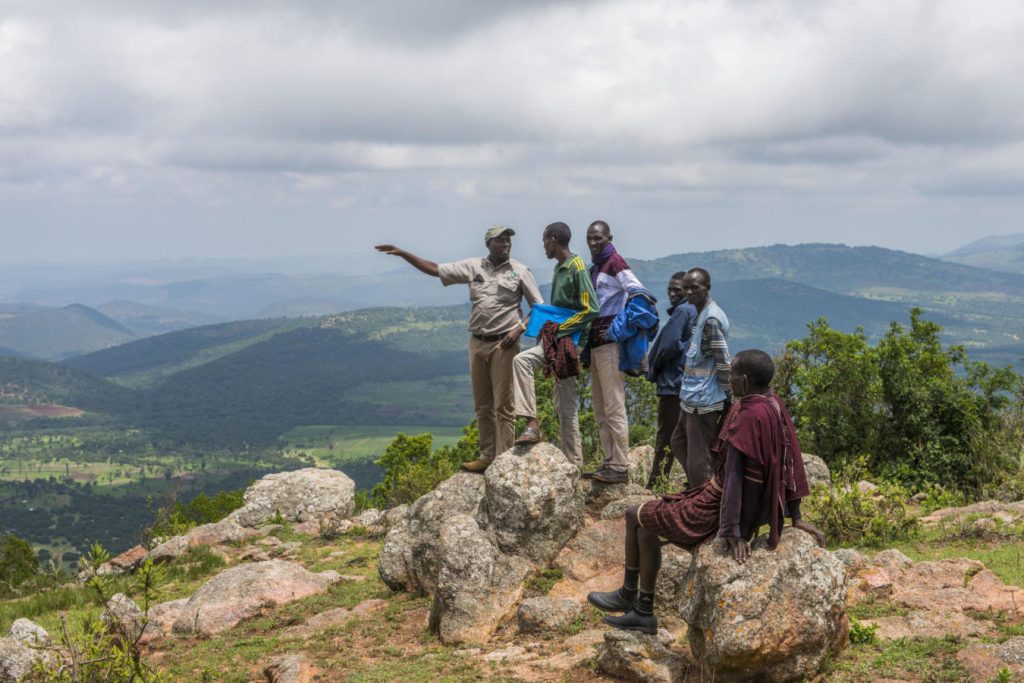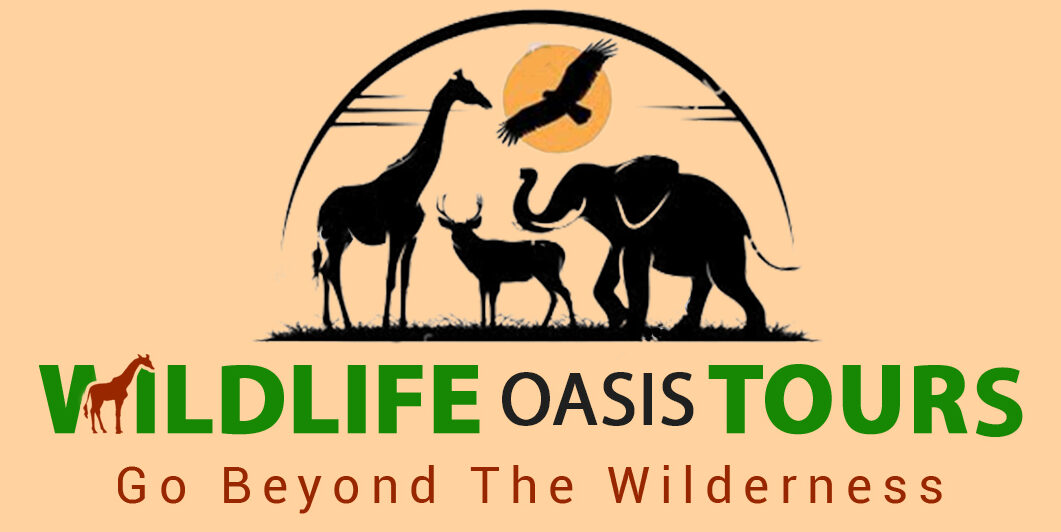Exploring the Serengeti: Conservation-Focused Safari Experiences




Conservation-Focused Safari Experiences
A conservation-focused safari experience in the Serengeti allows travelers to enjoy Africa’s legendary landscapes and abundant wildlife while supporting essential efforts to protect the environment and local communities. Serengeti National Park, known for its vast savannas, incredible biodiversity, and annual Great Migration, is not only a prime destination for wildlife enthusiasts but also a global hub for conservation. By choosing a safari that emphasizes sustainability and respect for the ecosystem, visitors can have a deeper, more meaningful experience that helps preserve the Serengeti for future generations. Here’s everything you need to know about creating a positive impact through a conservation-focused safari experience in the Serengeti.
The Essence of a Conservation-Focused Safari
- Supporting Wildlife Protection A conservation-focused safari is designed to minimize environmental impact and actively contribute to protecting the Serengeti’s diverse wildlife. This includes reducing resource consumption, participating in eco-friendly accommodations, and supporting anti-poaching efforts. These safaris often contribute a portion of their proceeds to conservation initiatives, helping fund anti-poaching patrols, animal monitoring programs, and habitat restoration projects that keep the Serengeti’s fragile ecosystem in balance.
- Engaging in Responsible Tourism Responsible tourism is a key component of conservation-focused safaris. These safaris aim to educate travelers about the delicate balance of the Serengeti’s ecosystem, inspiring guests to minimize their footprint. Practices such as staying on designated paths, maintaining a respectful distance from animals, and limiting noise pollution all contribute to a sustainable safari experience. Conservation-focused safari guides emphasize wildlife safety and ethical viewing practices to protect animals from stress and disruption.
- Collaborating with Local Communities Conservation-focused safari experiences often work closely with local Maasai communities and other groups that have lived in harmony with nature for generations. These partnerships foster mutual benefits by providing employment and education while promoting traditional knowledge and conservation practices. By supporting local communities, conservation-focused safaris encourage a sustainable model that reduces dependence on natural resources while ensuring local people benefit from the tourism economy.
Unique Aspects of a Conservation-Focused Safari in the Serengeti
- Eco-Friendly Lodges and Camps Many eco-lodges and camps around the Serengeti prioritize sustainable practices, from solar energy use and waste recycling to water conservation measures. Accommodations are designed to blend seamlessly with the environment, reducing visual impact and avoiding interference with animal migration routes. Staying at these lodges allows guests to experience the beauty of the Serengeti while knowing their visit contributes to the park’s preservation.
- Guided Walking Safaris with Conservation Experts Walking safaris led by conservation experts or researchers offer an up-close look at the Serengeti’s unique flora and fauna. Unlike vehicle safaris, walking safaris have a minimal impact on the environment and allow guests to learn about the region’s ecosystems, medicinal plants, and animal tracking techniques. Guides focus on conservation education, emphasizing the importance of protecting the Serengeti’s biodiversity.
- Involvement in Anti-Poaching Efforts Many conservation-focused safaris provide travelers with insights into anti-poaching efforts, showing them the behind-the-scenes work that protects endangered species like rhinos, elephants, and big cats. Some safaris even offer opportunities to meet with rangers or participate in patrols to understand the challenges of conservation on the ground. Through these experiences, guests gain a new appreciation for the dedication and risks involved in preserving wildlife.
- Wildlife Rehabilitation and Monitoring Programs Some conservation-focused safaris support or partner with wildlife rehabilitation programs that help injured or orphaned animals. These programs aim to rehabilitate animals and release them back into the wild when possible, ensuring that human impact on wildlife remains minimal. Visitors may have the chance to observe conservation scientists as they conduct animal population monitoring, adding to research on Serengeti wildlife health and behavior.
Benefits of Choosing a Conservation-Focused Safari
- Preserving Endangered Species The Serengeti is home to a number of endangered species, including black rhinos, cheetahs, and African wild dogs. Conservation-focused safaris contribute to protecting these vulnerable populations by funding research, habitat preservation, and anti-poaching initiatives. By choosing these safaris, visitors actively contribute to the fight against extinction and help safeguard Serengeti’s diverse wildlife for future generations.
- Promoting Sustainable Economic Growth Conservation-focused safaris contribute to the Serengeti’s local economy through employment and community partnerships. From hiring local guides to supporting local artisans, these safaris boost the economic well-being of nearby communities, ensuring that the benefits of tourism extend beyond the park’s borders. By offering community-based programs and funding education and healthcare, these safaris create a sustainable economic model that encourages locals to protect their natural surroundings.
- Educational Enrichment for Visitors A conservation-focused safari provides visitors with a deeper understanding of the Serengeti’s ecology and the challenges of conservation. Guided by experts, travelers learn about species interactions, ecological threats, and ways to support conservation efforts at home. This experience often fosters a lifelong commitment to environmental responsibility, as guests return home with a new awareness of global conservation issues.
Conservation-Focused Safari Activities in the Serengeti
- Game Drives with an Eco-Conscious Approach Traditional game drives are modified for a conservation-focused approach, with small groups, limited vehicle use, and routes that avoid sensitive habitats. Many operators use hybrid or electric vehicles, minimizing carbon emissions. Experienced guides also help visitors understand animal behavior, reducing the risk of disturbing wildlife while enhancing the safari experience.
- Participating in Tree Planting and Habitat Restoration Some conservation-focused safaris include tree planting or habitat restoration activities that allow visitors to give back directly. These initiatives contribute to reforestation and soil conservation, which is vital for maintaining the Serengeti’s rich biodiversity. By planting indigenous trees, visitors help restore critical habitats and offset their own carbon footprint.
- Joining Local Conservation Workshops Conservation-focused safaris often provide access to workshops and presentations hosted by conservationists and ecologists. These workshops cover topics such as wildlife protection, environmental threats, and the Serengeti’s role in the greater ecosystem. Through these sessions, travelers gain a better understanding of conservation challenges and learn practical ways to support ongoing efforts.
Choosing a Conservation-Focused Safari Operator
- Look for Certified Sustainable Operators Reputable conservation-focused safari operators are often certified by organizations like the Global Sustainable Tourism Council or have partnerships with conservation NGOs. These certifications guarantee that operators adhere to environmentally responsible practices, community support, and ethical wildlife interactions. Researching certified operators ensures that your safari aligns with conservation values.
- Check for Community Partnerships A strong conservation-focused safari operator will have meaningful partnerships with local communities, benefiting them through employment, education, and conservation initiatives. Look for operators who work closely with local Maasai or other indigenous groups, demonstrating a commitment to cultural preservation and sustainable development.
- Prioritize Transparency in Conservation Contributions The best conservation-focused operators provide clear information about how a portion of your safari fees contribute to conservation projects. Transparent pricing allows you to see the direct impact of your visit, such as funding for anti-poaching units or supporting environmental education programs for local children.
Best Times for a Conservation-Focused Safari in the Serengeti
Visiting the Serengeti from June to October, during the dry season, offers optimal wildlife viewing as animals congregate around water sources. This season is also ideal for witnessing the Great Migration in the northern Serengeti. However, a conservation-focused safari can be rewarding year-round, as each season presents unique experiences and insights into the Serengeti’s ecosystem.
Conclusion: A Lasting Legacy Through Conservation-Focused Safari Experiences
Choosing a conservation-focused safari experience in the Serengeti creates lasting benefits for the environment, local communities, and future travelers. Through responsible tourism, visitors not only enjoy an unparalleled safari adventure but also contribute to the preservation of one of Africa’s most precious ecosystems. Conservation-focused safaris inspire travelers to appreciate the Serengeti’s wonders and support vital conservation initiatives, ensuring that these stunning landscapes and diverse wildlife endure for generations to come. Whether it’s engaging in wildlife protection, supporting local communities, or participating in habitat restoration, conservation-focused safaris make a meaningful impact on the Serengeti, preserving its beauty and biodiversity for all to experience.

One Comment